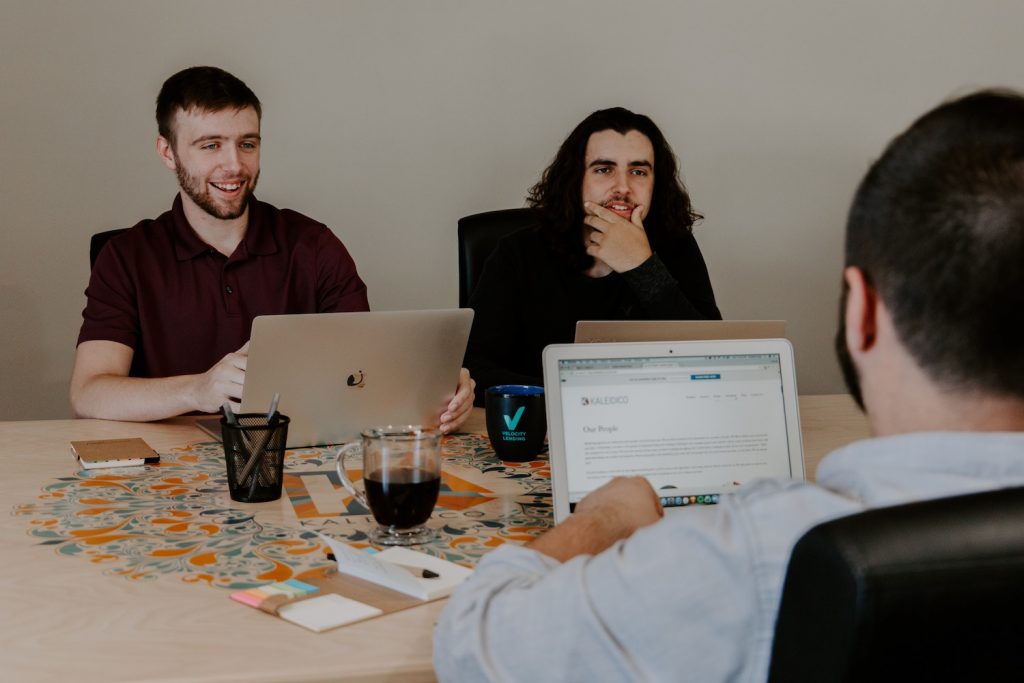Date: Upcoming event
Nbr of participants: X people
Language: English
How can collaboration between stakeholders for the success of a sustainable project takes place?
Collaboration is a process of reflection in the pursuit of common objectives between a variety of actors (including moral ones). It is a question of reversing the organization from vertical and hierarchical intellectual work (pyramidal cognitive work) to a more horizontal organization. The methods of organizing the collaboration consist of: a principle of continuous improvement of each task and project for all; an organization into task sequences (asynchronous work); shared information on other parallel tasks. The result of the collaborative work depends on the motivation of the actors to collaborate, their number, their skills and the time for this work, but it allows to associate the resources of each actor. This work can allow collaborative learning (such as MOOCs or intranets, Wiki, etc.) and improve cooperation, innovation, productivity.
The principles of collaboration are related to:
- The expectations and objectives of each actor are articulated within a project
- Participants have differentiated knowledge and opinions (and the statutes are not related to professional status)
- A common position is found (transparency of language, values, knowledge and interests)
- An organization is structured (definition of objectives, tasks and resources)
- Failure is envisaged and everyone positions themselves in a learning position
- Information flows smoothly (notably through digital tools)
- Objectives are identified and reformulated collectively
- Contributions are traceable.
Questions arise:
- Digital is a tool and not an end in itself to enable collaboration. It therefore needs to be framed, or even to be articulated with other forms of debate, including face-to-face.
- The collaborative web presents a risk of a speculative bubble due to an investment by companies for their own particular interests, including profiled marketing.
- Collaboration requires creating the means to legitimize a project in the eyes of actors with differentiated interests, a lack of mobilization of a stakeholder (especially the institutional one) which can harm it.
- Proposals from collaborative processes are not necessarily articulated in decision-making, contributions can have little or no impact (due to the manipulation of these processes to communicate, etc.), hence the need to take part to the institutional system to recreate the legitimacy of contributions.
- The issue of the digital divide (depending on age, gender, background) means that only certain audiences contribute (in addition to the phenomena of self-exclusion in public debate), hence the need to support a digital inclusion strategy, including within administrations (open data, change of mentality to work in an ecosystem outside the administration).
The challenge is to break the logics of working in silos towards forms of transversality, to avoid the privatization of common goods (water, health, education, etc.) by so-called know-how (associations, etc.), designated for (elected officials) or economic opportunists.

